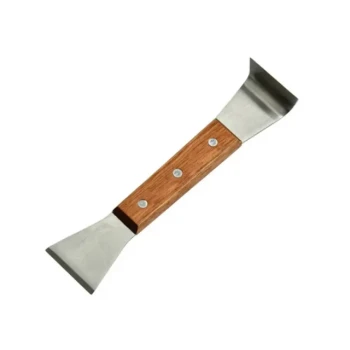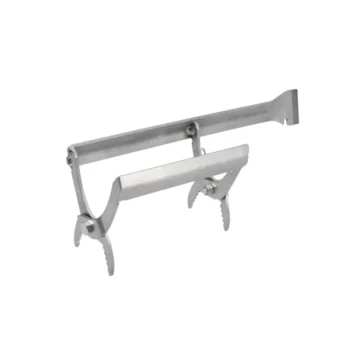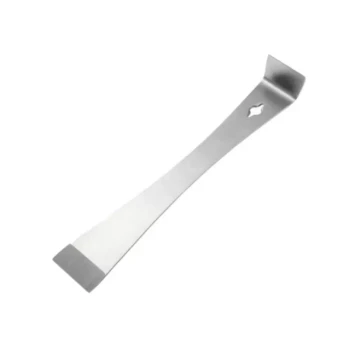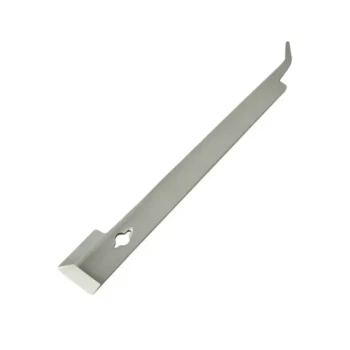The primary advantage of overwintering a nucleus hive is creating a powerful, versatile resource for the following beekeeping season. These small but resilient colonies act as a form of insurance against the loss of larger production hives and provide a significant head start for spring expansion, often growing into some of the year's best producers.
Overwintering nucs shifts your apiary management from a reactive to a proactive strategy. Instead of simply trying to prevent losses, you are actively cultivating backup queens and resources to strengthen your entire operation when spring arrives.

The Strategic Value of an Overwintered Nuc
Successfully bringing a nucleus colony through the winter provides you with a unique asset that can be deployed in several ways, each offering a distinct advantage over starting from scratch with a new package or nuc in the spring.
A Head Start on Spring Buildup
An overwintered nuc has a proven queen that is ready to begin laying eggs as soon as the weather warms. Because the colony is small and compact, the bees can efficiently care for the initial brood, leading to explosive population growth.
This rapid expansion means the colony can be moved into a full-size hive and become productive much faster than a newly installed package of bees.
Insurance Against Winter Losses
Losing a full-size production colony over the winter is a common and costly problem. An overwintered nuc is the perfect solution.
Instead of needing to purchase a replacement colony, you have a healthy, locally adapted one ready to be transferred into the empty equipment. This mitigates your financial losses and saves valuable time in the spring.
A Resource for Ailing Hives
A strong nuc in the spring is a resource bank for your entire apiary. If a larger production hive is weak or slow to build up, you can "boost" it with a frame of capped brood from your nuc.
This infusion of new bees can be exactly what a struggling colony needs to recover, potentially saving it from failure.
A Proven Queen Ready for Action
The queen in an overwintered nuc has already demonstrated her ability to survive a winter, a key indicator of strong genetics. She is already established and laying, with no period of acceptance or introduction required.
This contrasts sharply with buying a new queen or package, where there is always a risk the queen may not be accepted or perform well.
Understanding the Requirements and Trade-offs
While powerful, overwintering a nuc is not a passive activity. Success depends on meeting specific conditions in the fall, as a small colony has a much smaller margin for error than a large one.
The Need for a Dense Population
A nuc must have a high proportion of young, healthy bees to form a tight winter cluster. A small, sparse cluster cannot generate enough heat to survive cold temperatures.
This is why late-season splits are often used to create overwintering nucs, as they are naturally full of young "winter bees."
A Young, Vigorous Queen is Crucial
The references correctly emphasize the need for a young queen, preferably one raised that same summer. A young queen has a stronger biological drive to lay eggs in the spring, which is the engine of the nuc's rapid buildup.
An older queen may not have the stamina to expand the population quickly enough after the winter lull.
Adequate Food Stores are Non-Negotiable
Because of its small size, a nucleus hive has very little space for honey reserves. It is almost always necessary to provide supplemental feeding in the fall.
The colony must be well-fed with syrup to ensure it has enough energy to sustain the cluster throughout the winter. Running out of food is the most common reason an overwintering nuc will fail.
How to Leverage Your Overwintered Nuc
Once spring arrives, you have a valuable asset. The best way to use it depends entirely on your goals for the season.
- If your primary focus is maximizing honey production: Use the nuc as a "booster" by transferring its frames of brood to your main production hives, jump-starting their population for the nectar flow.
- If your primary focus is apiary growth: Allow the nuc to build up on its own and then transfer it into a full-sized hive, effectively giving you a strong new colony for the cost of a little sugar syrup.
- If your primary focus is risk management: Hold the nuc as your backup, ready to replace any production colony that fails over the winter or to requeen a hive whose queen is underperforming in the spring.
Ultimately, overwintering a nucleus transforms a small collection of frames into one of your most valuable and strategic apiary assets.
Summary Table:
| Advantage | Key Benefit |
|---|---|
| Spring Buildup Head Start | Explosive population growth from a proven, laying queen. |
| Insurance Against Losses | Ready-made, locally adapted replacement for lost colonies. |
| Resource for Ailing Hives | Can boost weak hives with frames of capped brood. |
| Proven Queen Genetics | Queen has demonstrated winter survival and strong performance. |
Ready to strengthen your apiary with this powerful strategy?
As a leading wholesale supplier to commercial apiaries and distributors, HONESTBEE provides the durable equipment and supplies—from nucleus boxes to feeders—essential for successful overwintering programs.
Let us help you build a more resilient and productive operation. Contact our team today to discuss your commercial beekeeping needs.
Visual Guide
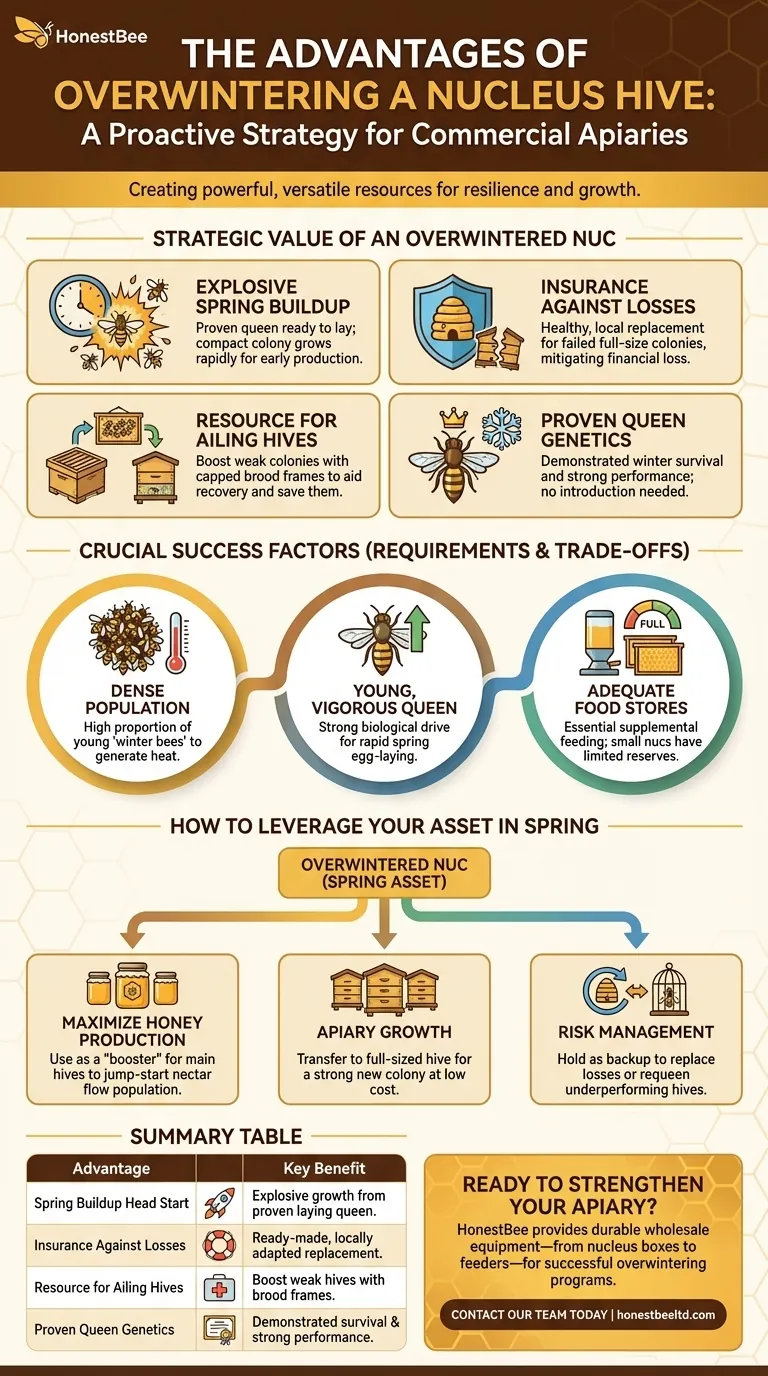
Related Products
- 5 Frame Wooden Nuc Box for Beekeeping
- HONESTBEE Professional Long Handled Hive Tool with Precision Cutting Blade
- Professional Insulated Winter Hive Wrap for Beekeeping
- HONESTBEE Professional Multi-Functional Hive Tool with Ergonomic Wood Handle
- Honey Flow Garden Bee Hive Flow Hive Best Beehive for Beginners
People Also Ask
- What resources are required from a large hive to create a nuc in early to mid-summer? Optimize Your Colony Splits
- What are the technical advantages of using standardized rearing boxes? Boost Your Honey Yield and Scale Operations
- What are the benefits of moving nuclei around the apiary? Master Strategic Hive Management
- What are the best times to pick up a nucleus colony? Ensure a Strong Start for Your Apiary
- What is the operational objective of creating a nucleus? Control Swarming & Optimize Honeybee Colony Growth
- What is the proper procedure for placing a queen cell into a nucleus hive? Secure Your Queen's Successful Emergence
- How can multiple nucs be managed for overwintering? Maximize Survival with Thermal Stacking Techniques
- What is the purpose of using Nucleus Hives in controlled pollination research? Precision Tools for High-Yield Research






